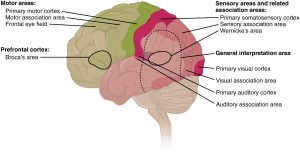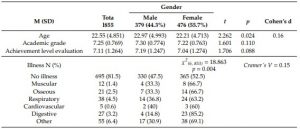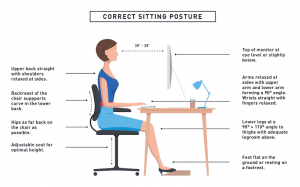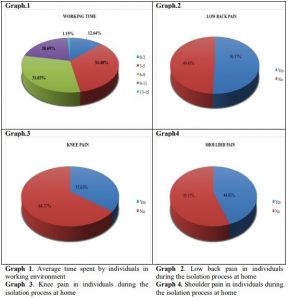One of the most often neglected yet crucial components in developing a healthy lifestyle is getting enough quality sleep at the right times. Without sleep, the brain cannot function at the caliber that it is expected to, and can impair one’s ability to concentrate, think clearly, as well as overall mental and physical health. As university students, a lot of our precious sleep time is sacrificed due to the negative influence of electronics and time spent scrolling through social media, that we start to forget how much sleep actually means to us on a day-to-day basis and its impact on academic performance.
Why is sleep so important and why should we care?
Sleep is a crucial part of our lives due to its impact on a number of our brain functions such as cognitive sophistication (includes open-minded thinking, intelligence, and executive functioning), emotion regulation (the way we control our feelings), and social cognition (the ability to understand social cues and the mental processes that allow us to interact in the social world). These developmental milestones are strengthened as a result of adequate levels of sleep and help mitigate some serious health risks including cardiovascular disease, diabetes, depression, and Alzheimer’s.

Cortical regions of the brain
Source: https://commons.wikimedia.org/wiki/File:1604_Types_of_Cortical_Areas-02.jpg
The influence of sleep quality among university students
A recent study was conducted on the relationship between sleep quality and students’ academic scores among a total of 855 university students; 476 were women (55.7%) and 378 were men (44.3%). Sleep quality was assessed using the Pittsburgh Sleep Quality Index (PSQI), a standardized self-report questionnaire that is completed over a 1-month time interval. As a result, there was a noticeable observation regarding the differences in academic achievements, where students with poor sleep quality obtained lower scores, compared those who had good sleep quality.

PSQI participant conditions
Photo by Toscano-Hermoso, Maria
Source: https://www.mdpi.com/1660-4601/17/8/2760
What is considered to be the “right amount” of sleep?
In the following video from a TED series called “Sleeping with Science”, sleep scientist Matt Walker helps us understand the graphical correlation between the amount of sleep we get in conjunction with mortality rate. In addition, Matt elaborates on how sleep quality is independent of sleep quantity and a unique trend that is created from the relationship between these two variables.
Stop snoozing that alarm clock!
While it’s easier said than done, frequently pressing the snooze button on your alarm clock can potentially become a negative impact on your health. In addition to the risk of cardiovascular disease from a result of poor sleep quality, alarms can also be a factor of stress on the cardiovascular system when the snooze button is repeatedly pressed. This is because your cardiovascular system is assaulted time after time, and can accumulate across a lifetime. Hopefully, you can think about this the next time you hear your alarm and push yourself to wake up for that 9 am Zoom lecture.
– Gordon Wu


